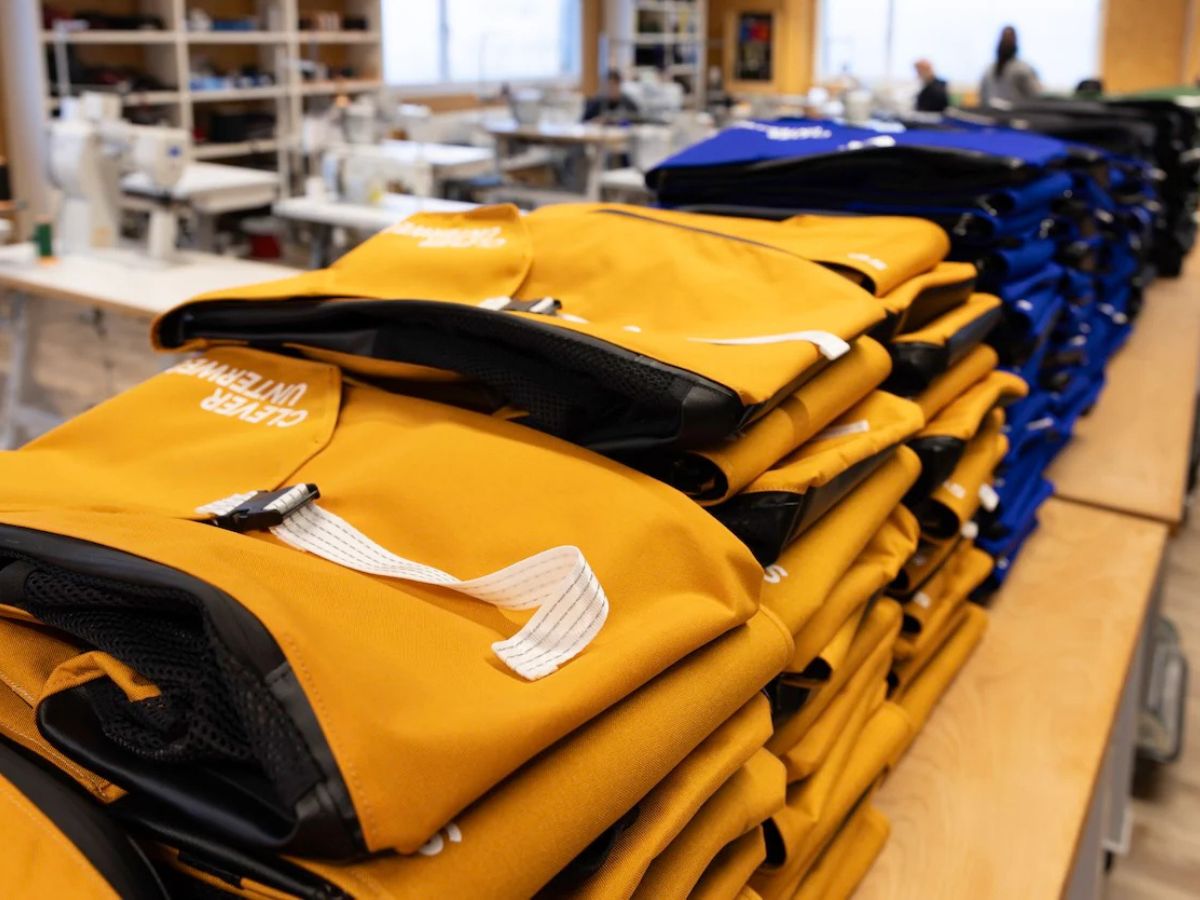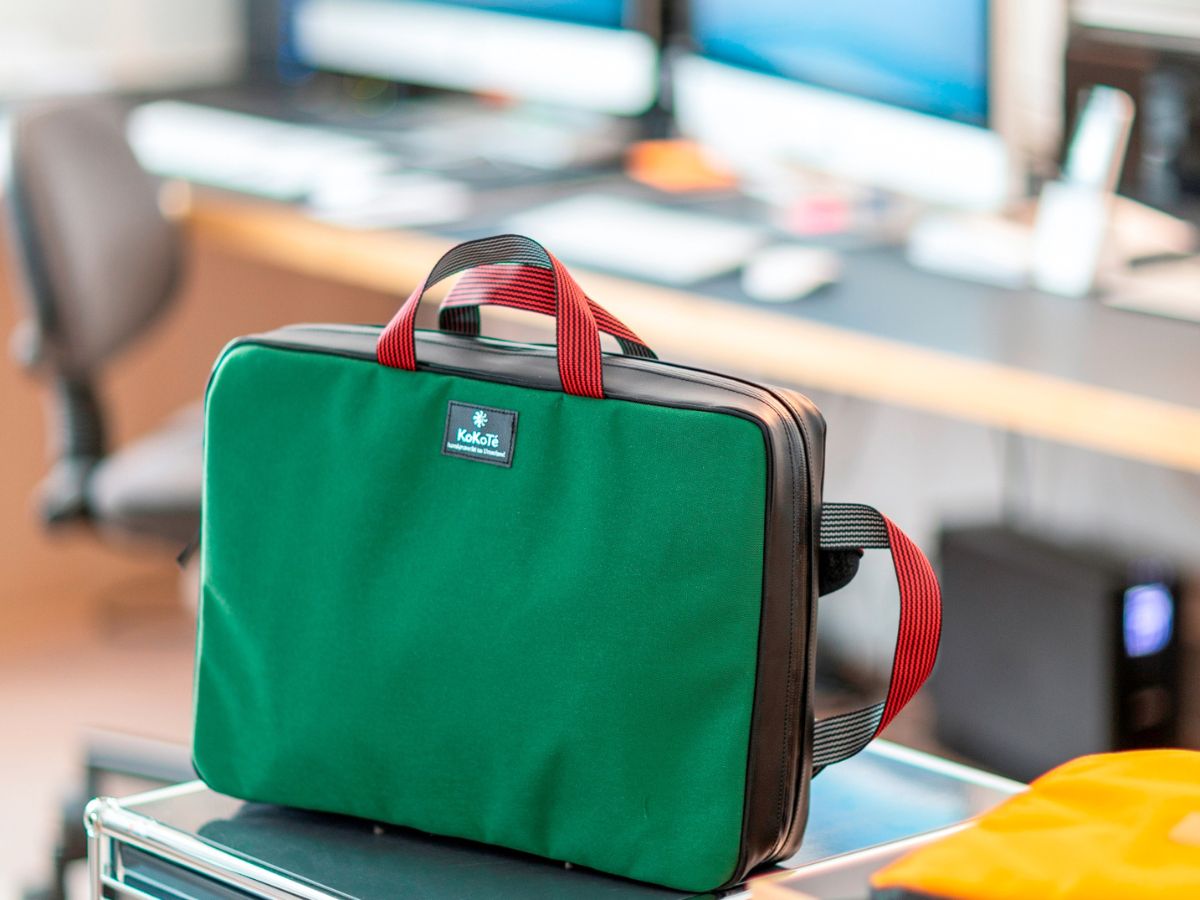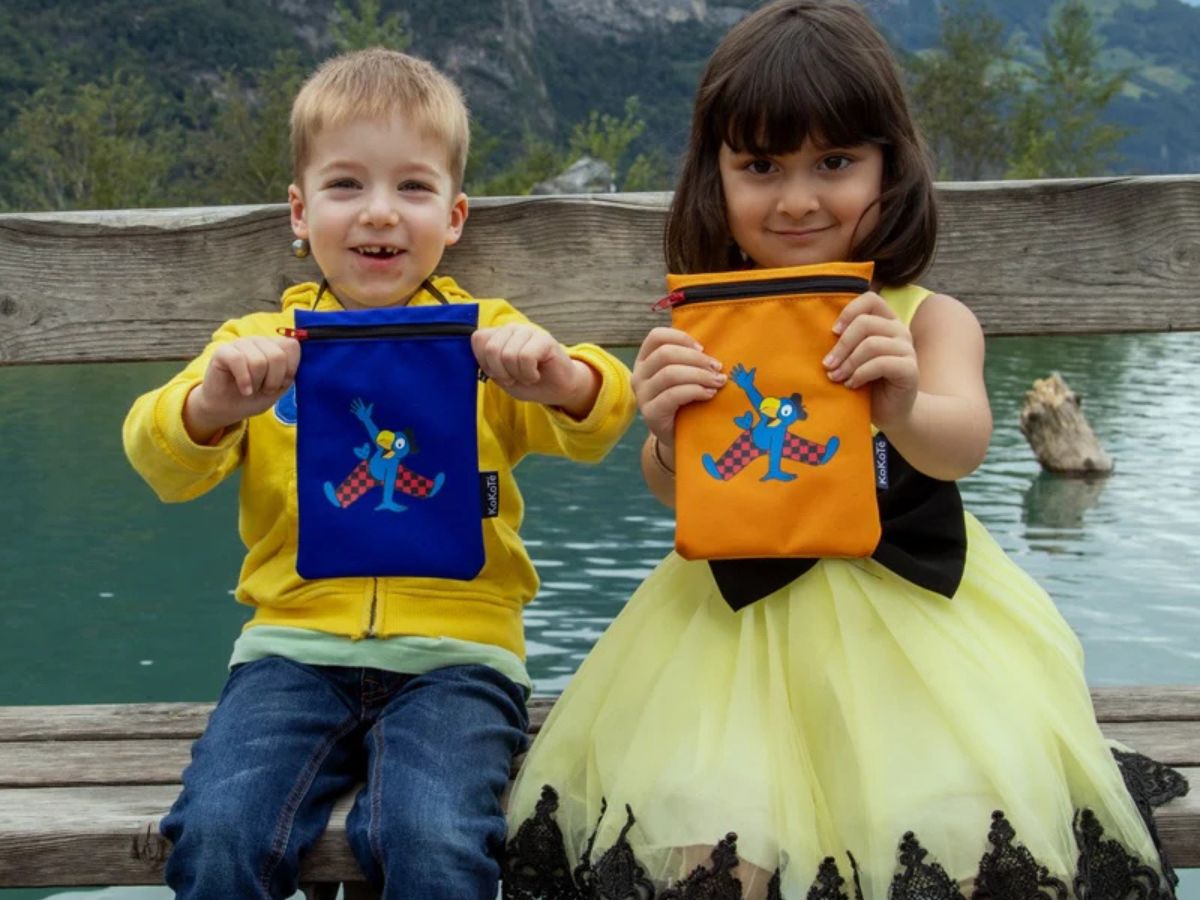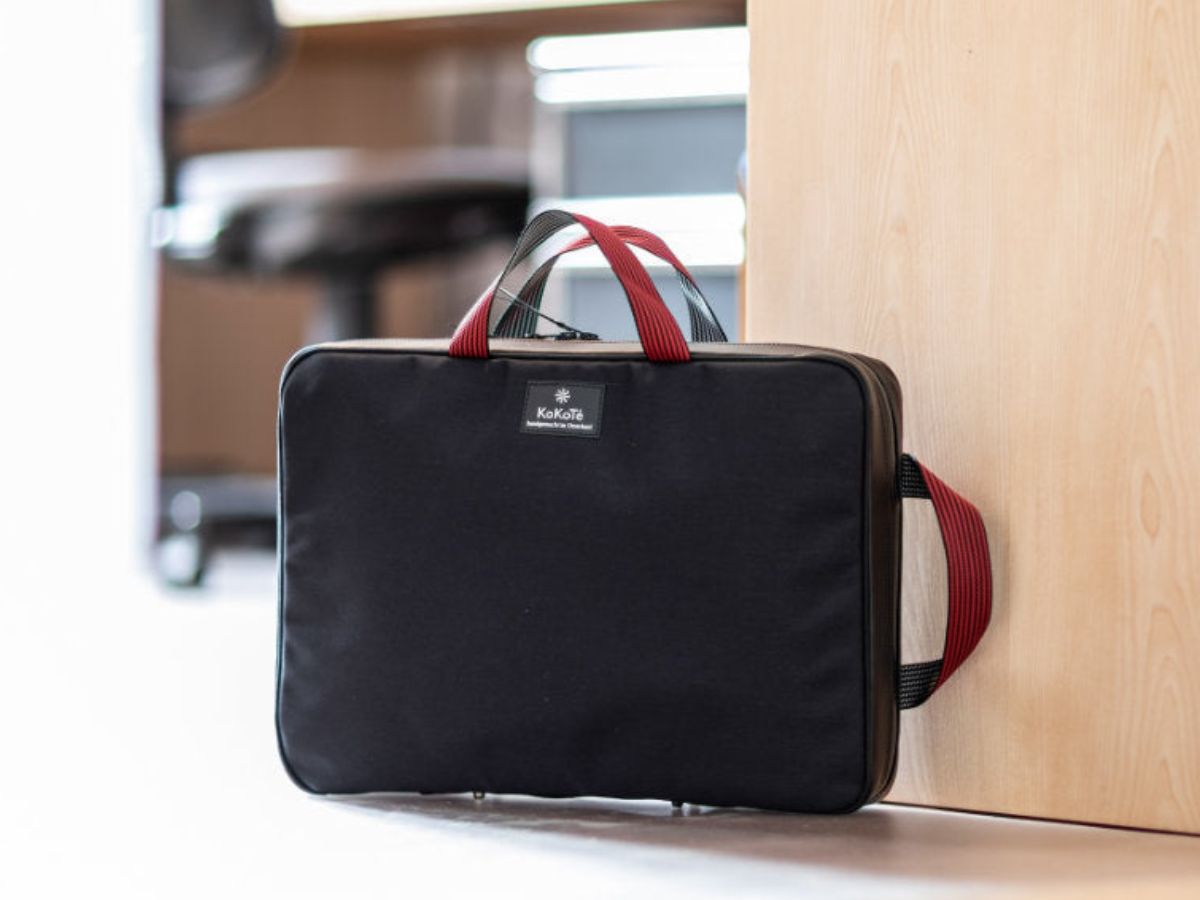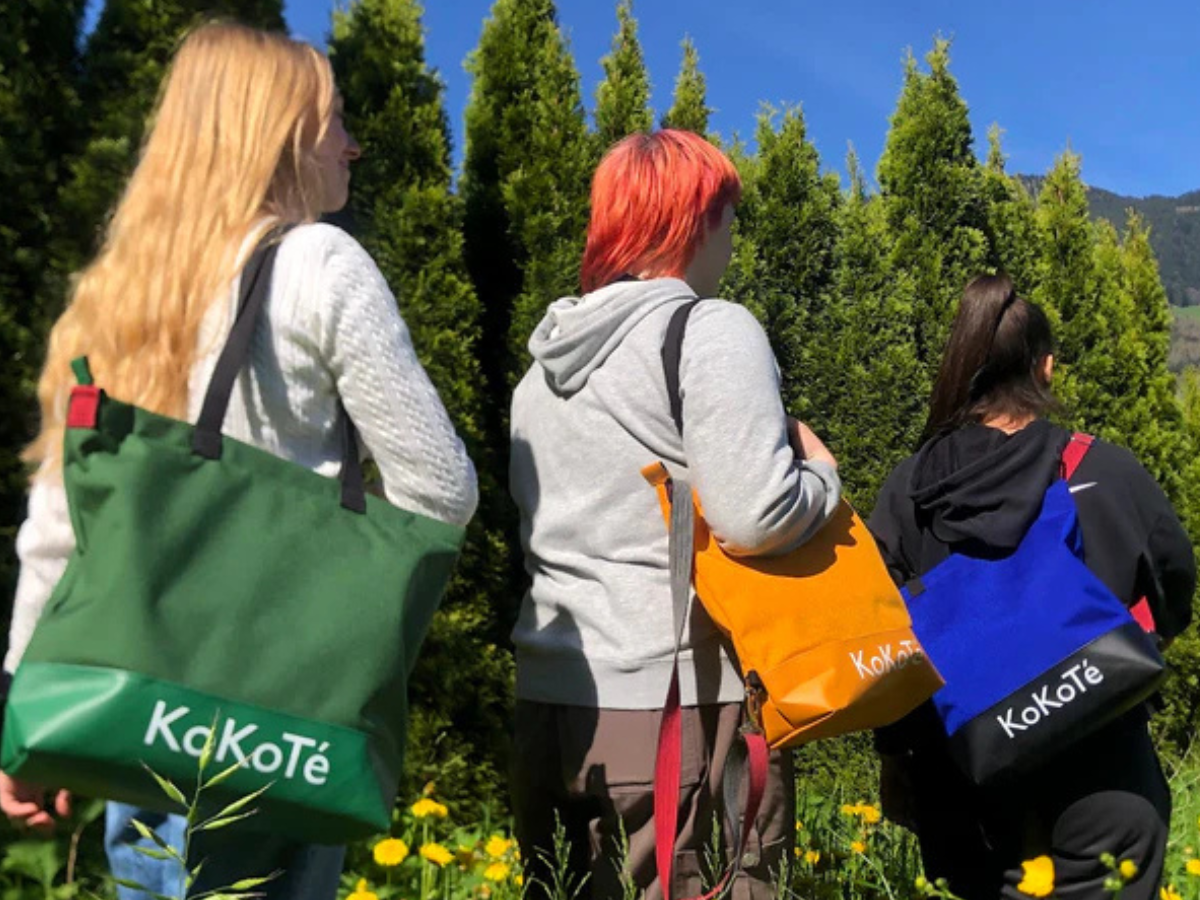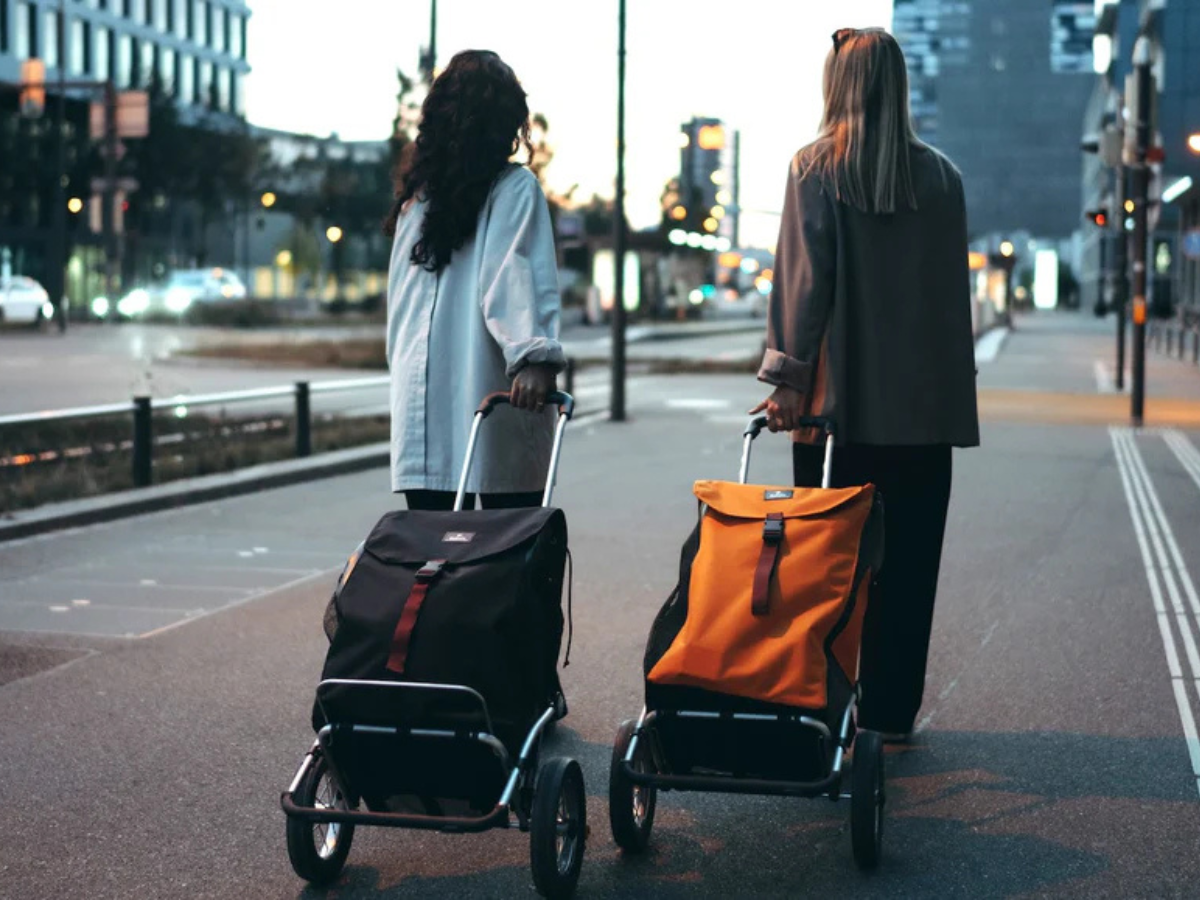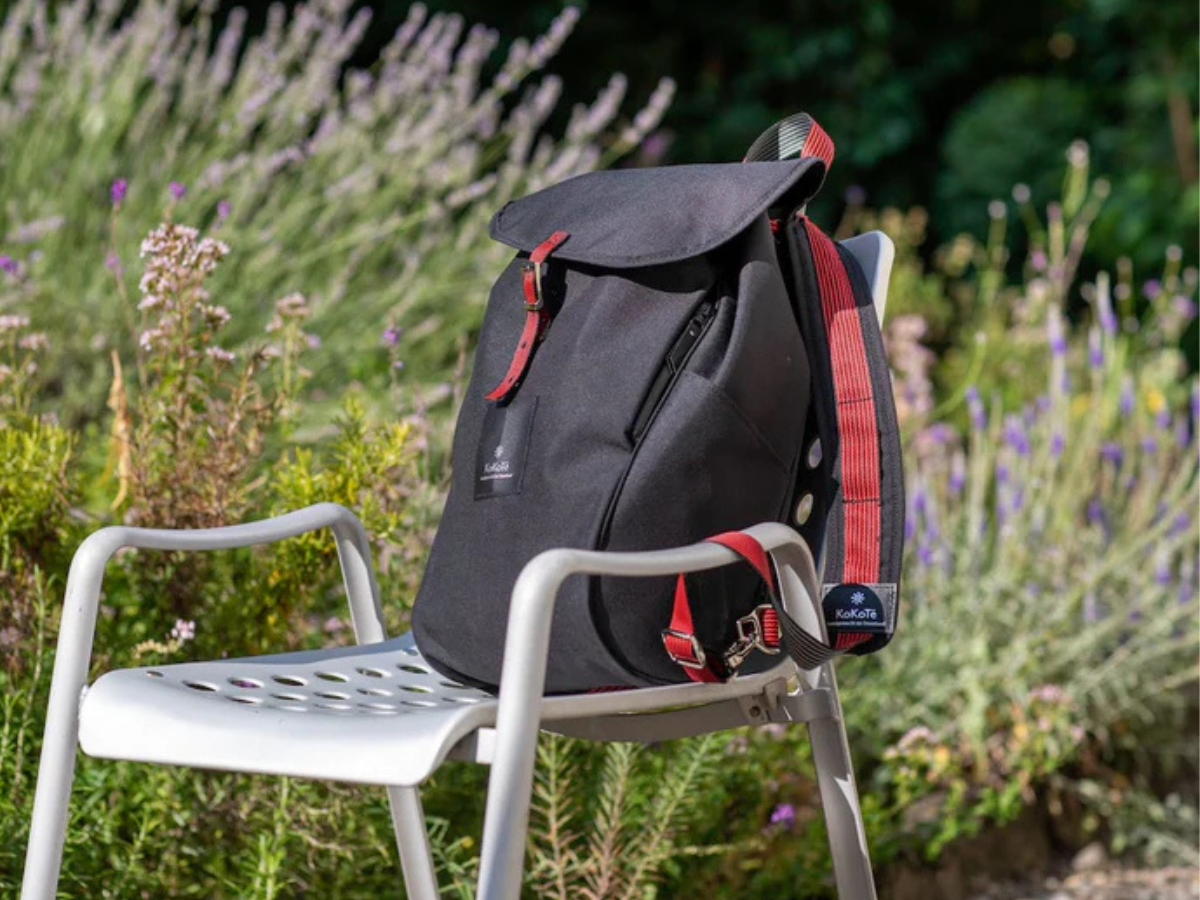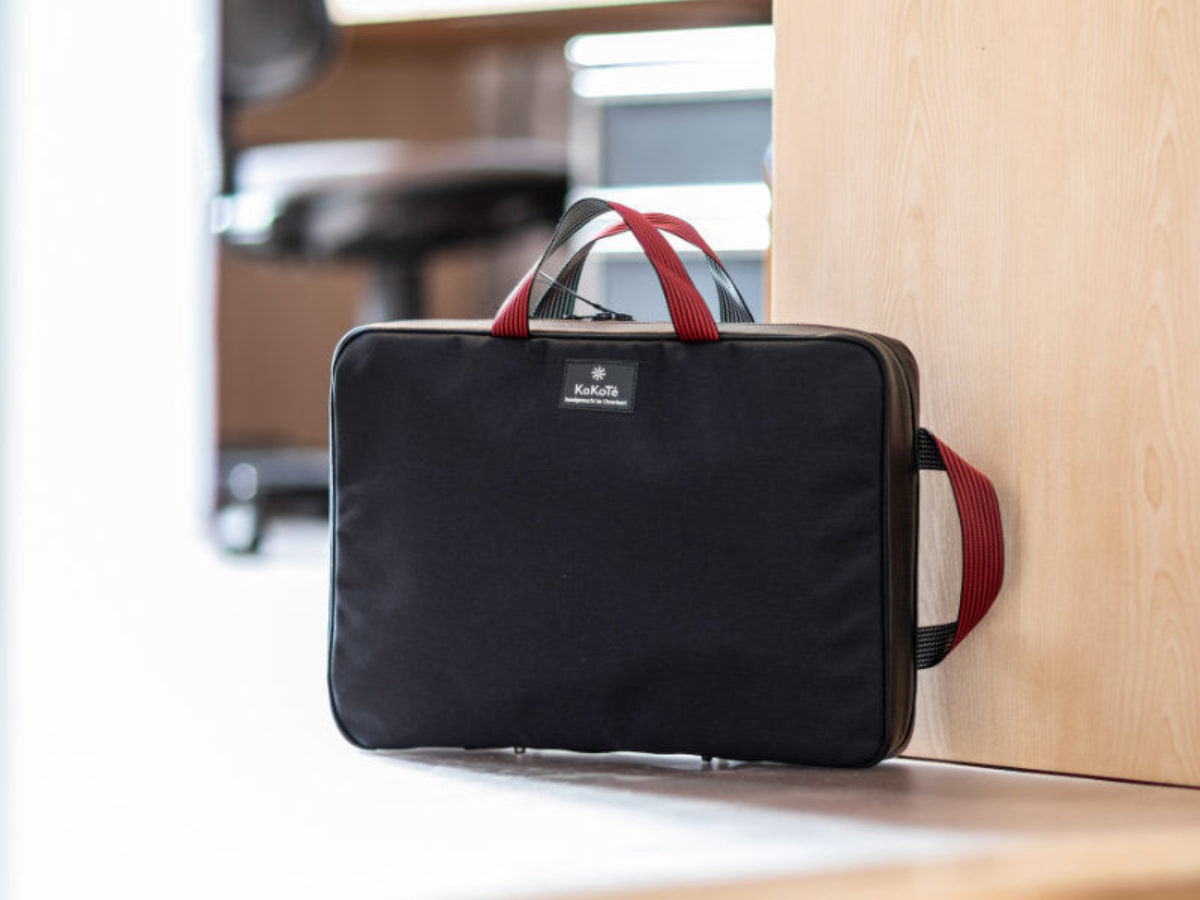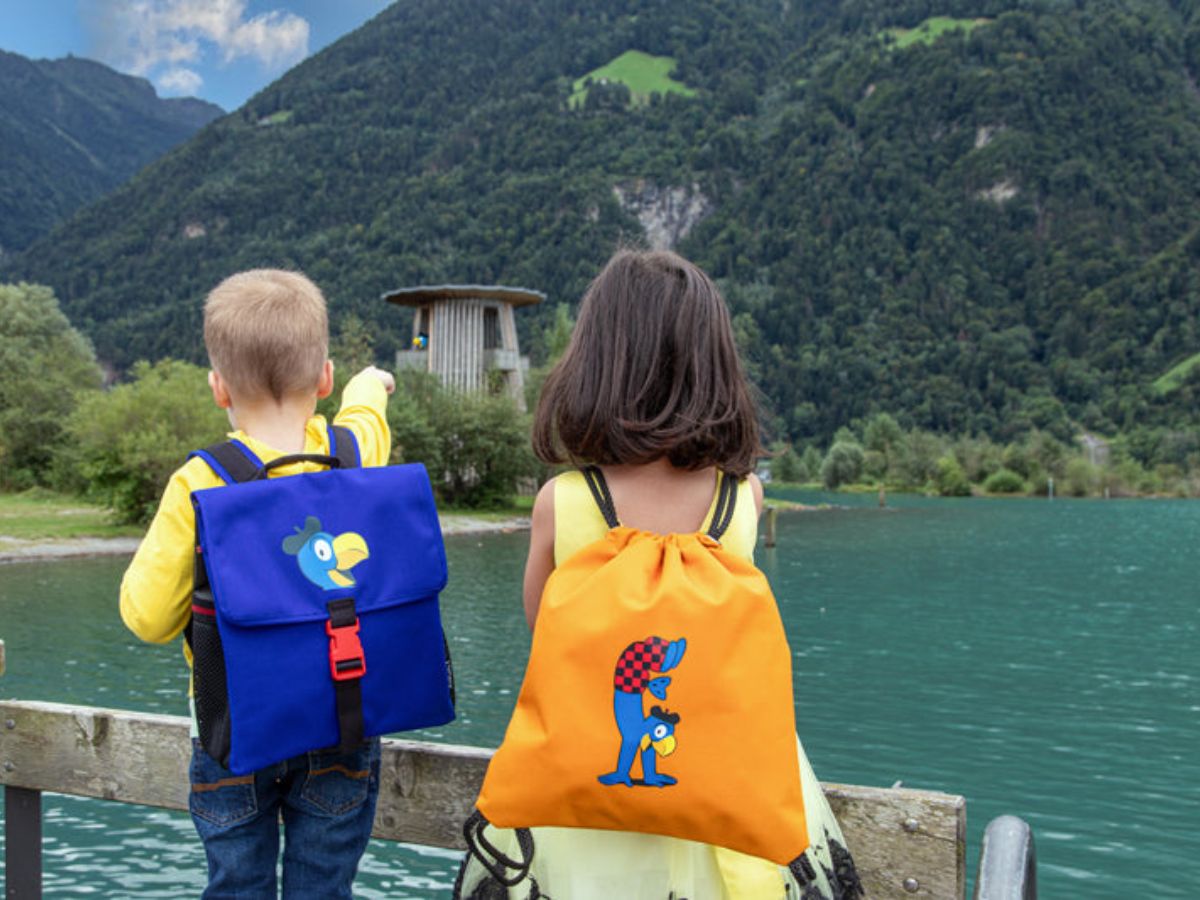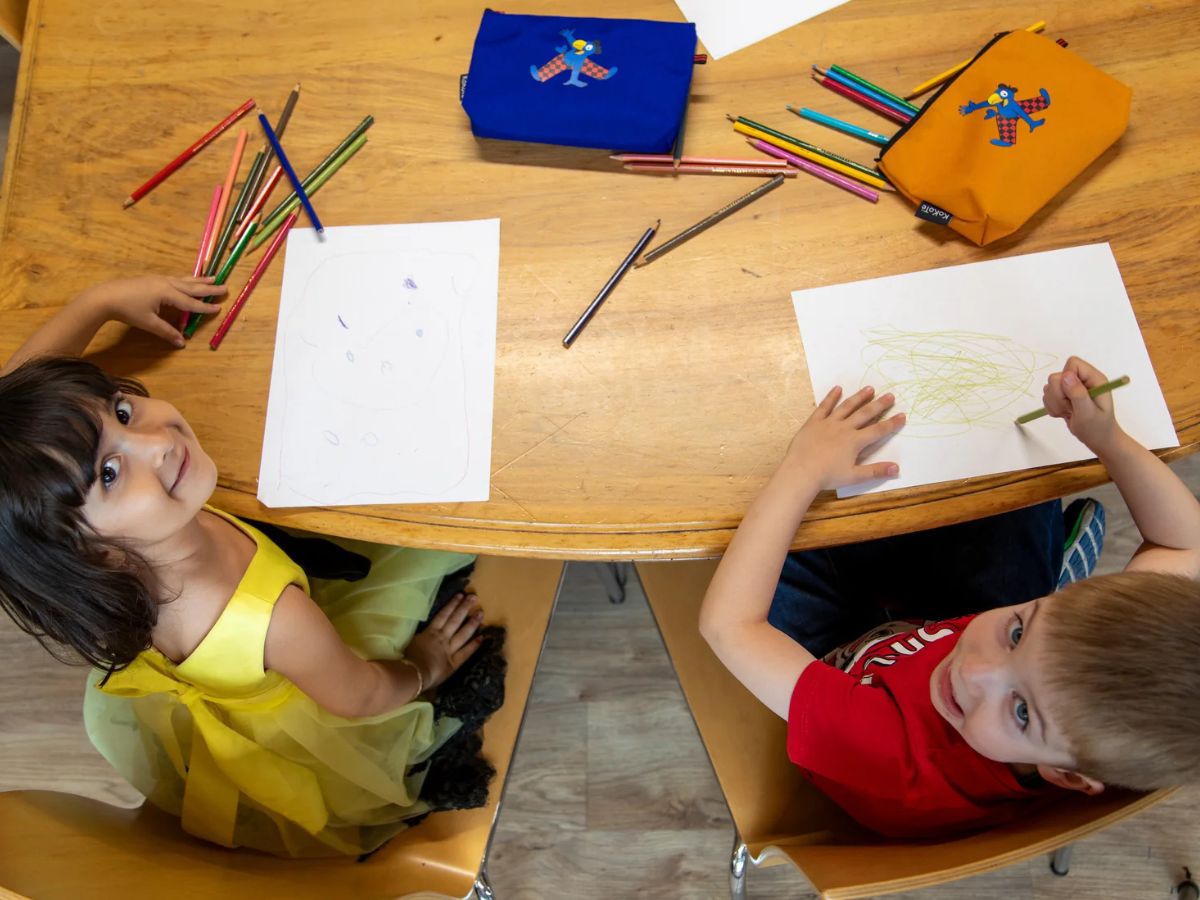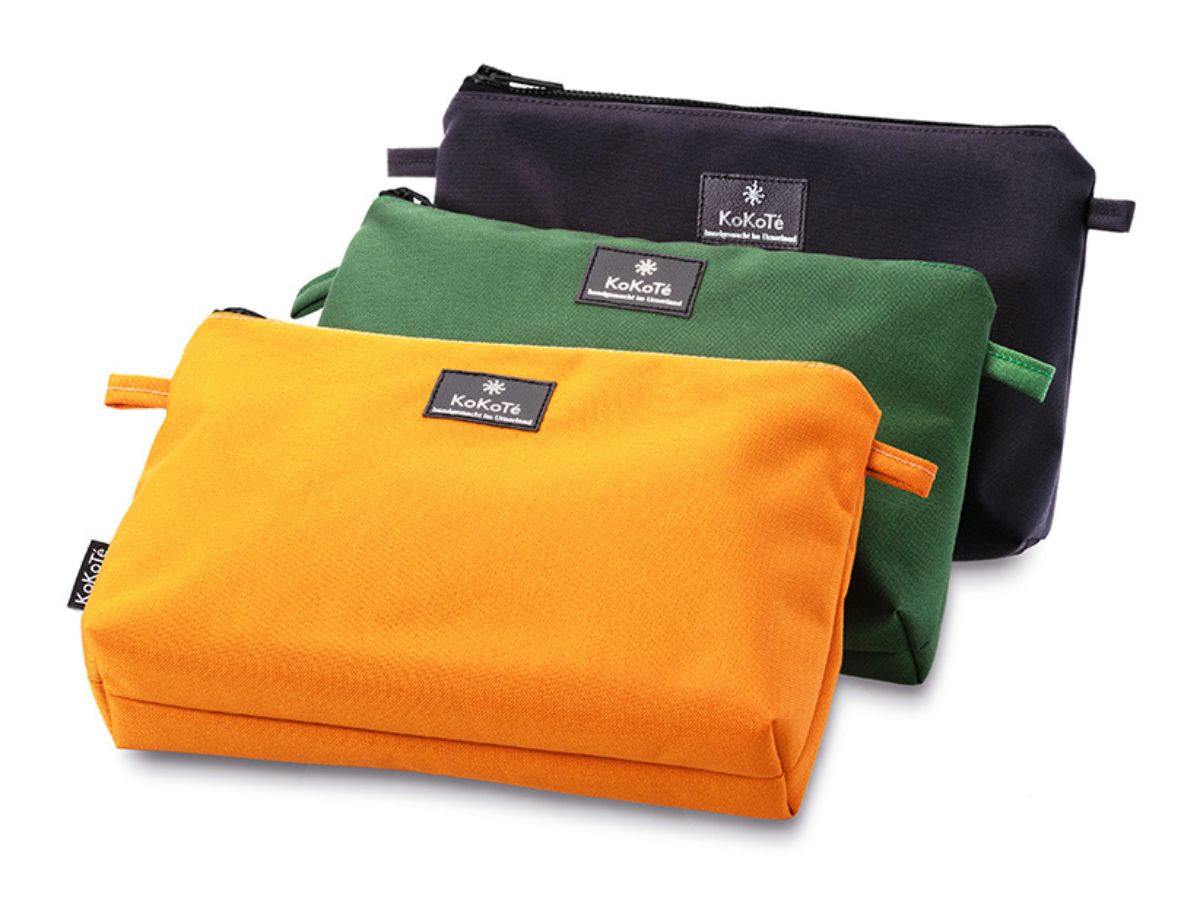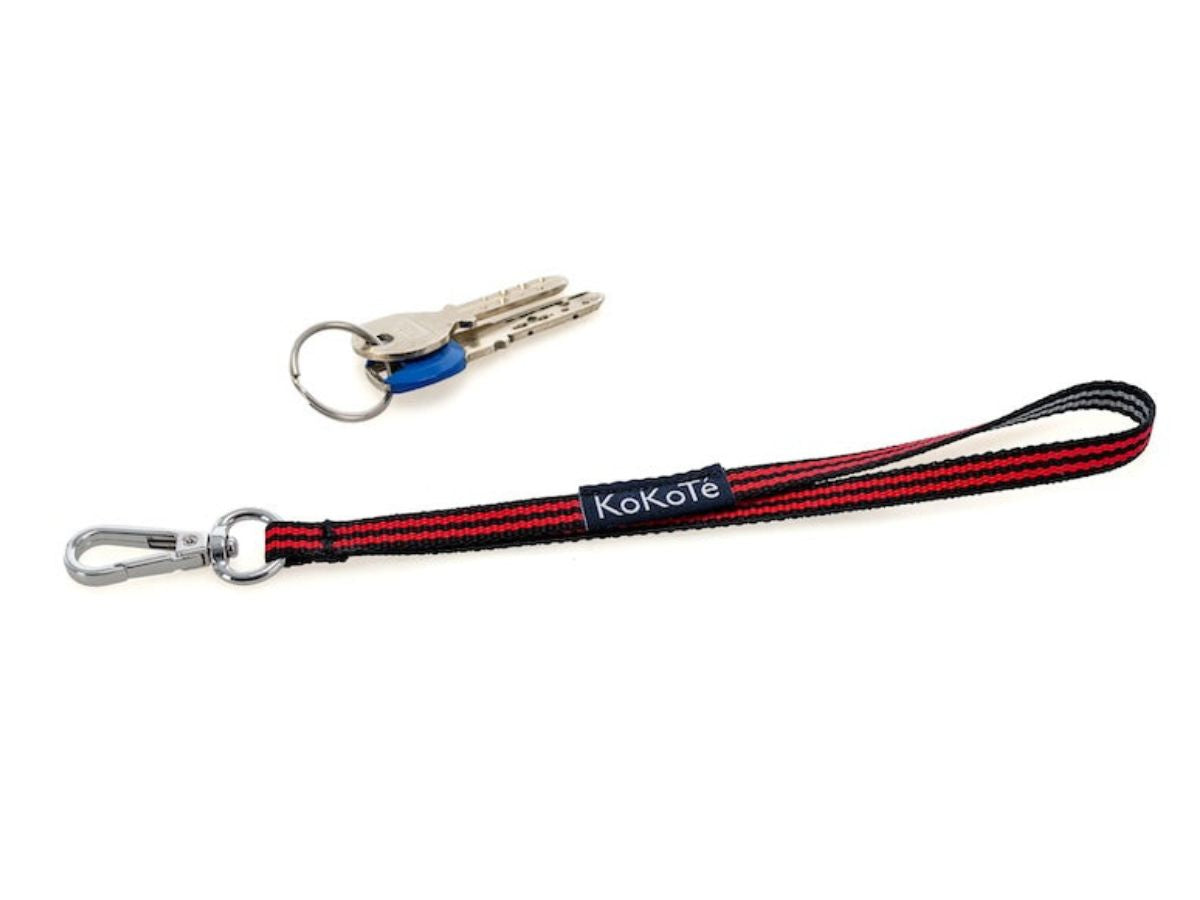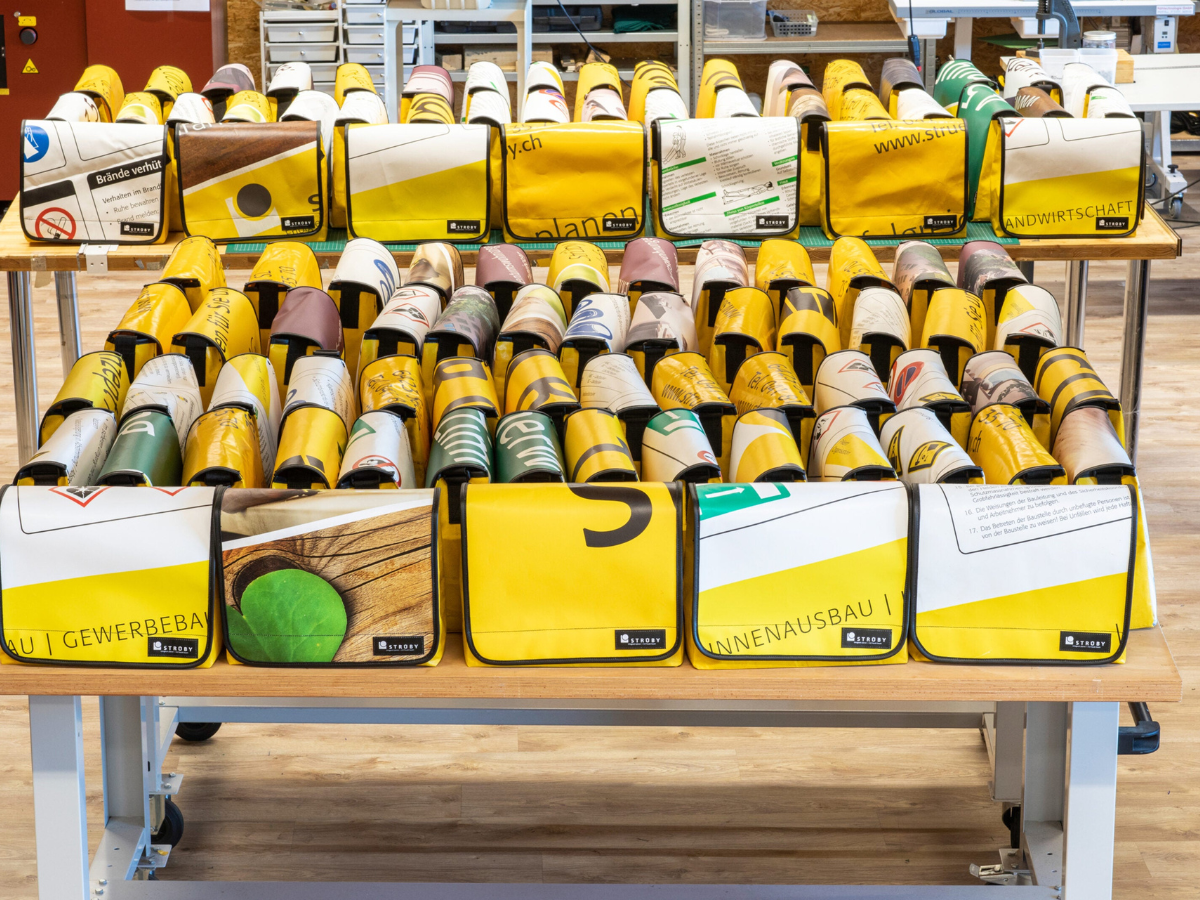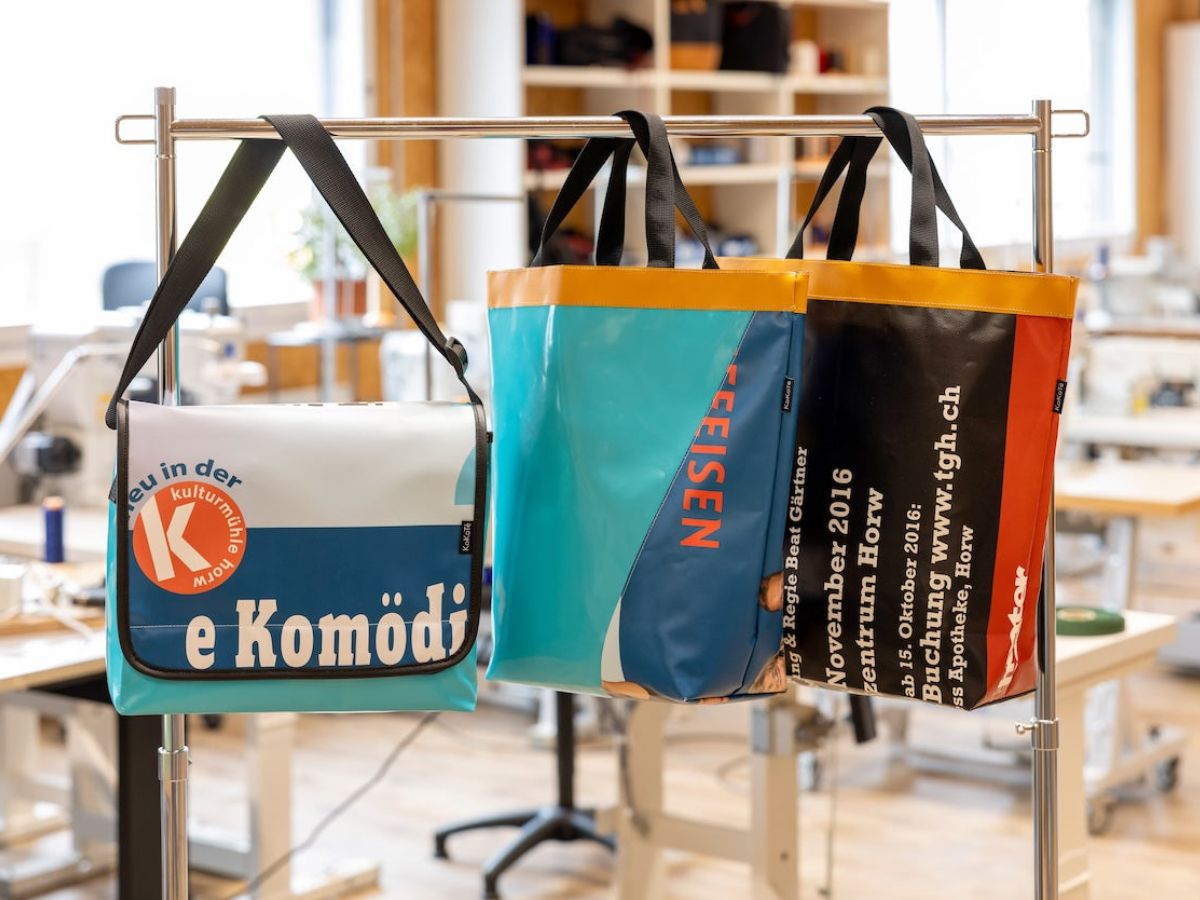KoKoTé actively pursues development and solution approaches in order to gradually go towards circulatory capacity, cradle-to-cradle and zero-sockets in the future. At the moment we are particularly using Econyl® for our products, which according to our research is the most sustainable material for the moment in terms of CO2 balance, recycling, microplastic and water consumption.
KoKoTé actively pursues development and solution approaches in order to gradually go towards circulatory capacity, cradle-to-cradle and zero-sockets in the future. At the moment we are particularly using Econyl® for our products, which according to our research is the most sustainable material for the moment in terms of CO2 balance, recycling, microplastic and water consumption.

The resources of our planet are valuable, so use KoKoTé Ecological materials in the production.
Econyl®
Polyamide, the basis of Econyl®, is a synthetic nylon fiber that is obtained from crude oil or renewable vegetable oils. It is characterized by exceptional strength and versatility. Polyamide is not degradable and microplastics are released by use, washing and abrasion.
For this, Polyamide offers the possibility of recycling. Both pre-consumers and post-consumer waste such as fishing nets or remnants from carpet production can be processed in a sustainable approach to “new” nylon. This reduces the need for fossil raw materials and reduces greenhouse gas emissions.
The recycling processes of nylon, be it on a chemical or mechanical basis, are unfortunately not without disadvantages. Chemical recycling requires the use of dangerous chemicals, while mechanical recycling brings high water consumption. An innovative approach is the chemical recycling of Econyl®, in which, despite multiple recycling cycles, the positive properties of nylon are preserved.
Econyl® shows a significantly lower CO2 emissions compared to traditional nylon production. The complete transparency of the Econyl® supply chain also sets it from other ecological materials. Fashion for Good confirms the exemplary collection of materials and the responsible production of the raw material. For KoKoTé Econyl® appears as a suitable and sustainable functional material to produce high -quality products. Despite the synthetic nature of Econyl®, the effects on microplastics are lower because the structure consists of long, continuous filaments.
Bonded Leather
No other material comes as close as the leather fiber fabric. Bonded Leather consists of over 90% of renewable raw materials.
Vegetable tanned leather remains from leather production, as well as chrome folding shavings, are ground and tied with the help of natural latex and fattening agents. After adding water, the fiber porridge is drained on special long -screen machines. A production process that is similar to paper production, subsequent drying, calandry and special surface treatment creates an endless product that is available in various strengths and qualities.
In contrast to leather, the CO2 balance sheet is lower in the leather fiber fabric and is very sustainable due to the remaining recycling. The material is easy to clean and resembles real leather in appearance, feeling and smell. It is also very robust and absolutely water -repellent.
Bonded Leather is exclusively in Switzerland by KoKoTé processed.
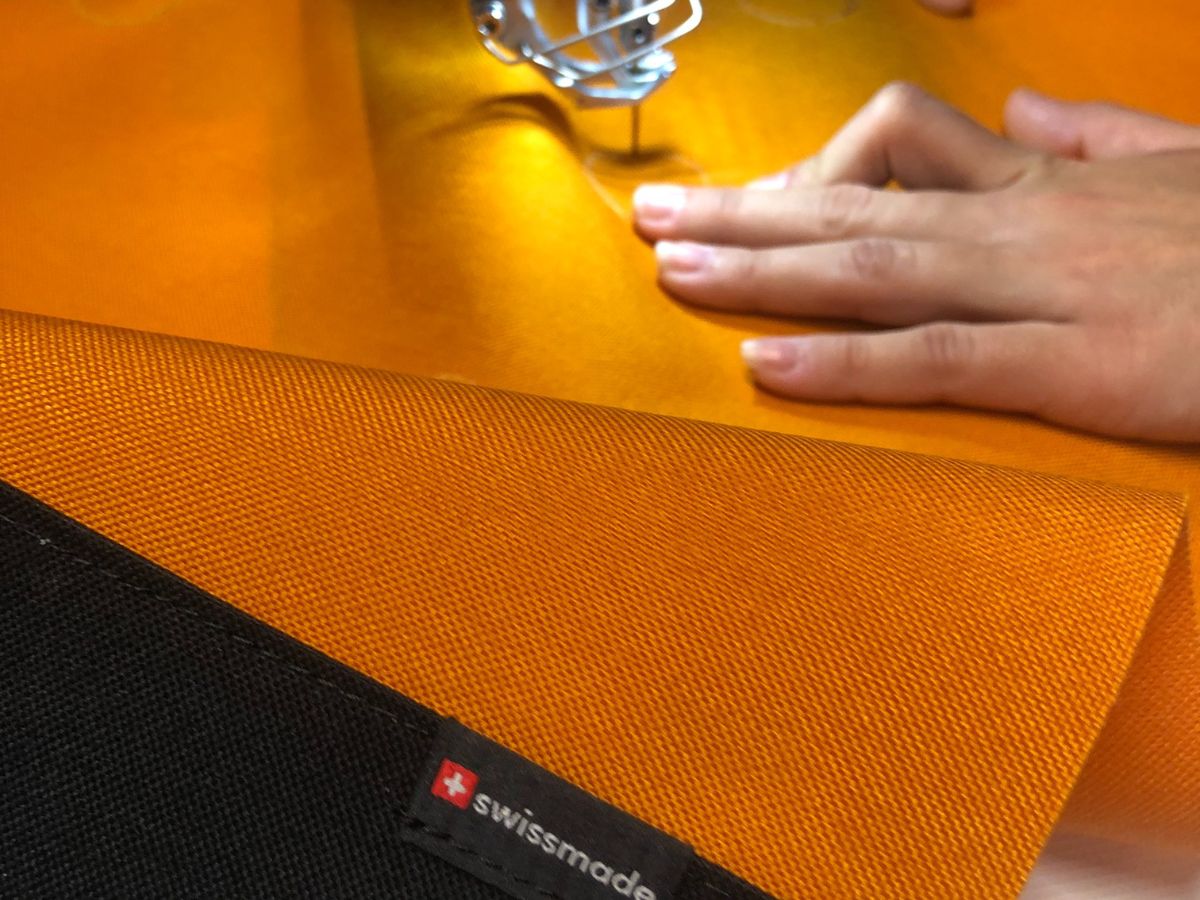
We are proud that our products are allowed to carry the Swiss label and whose Swiss value share is over 70%.
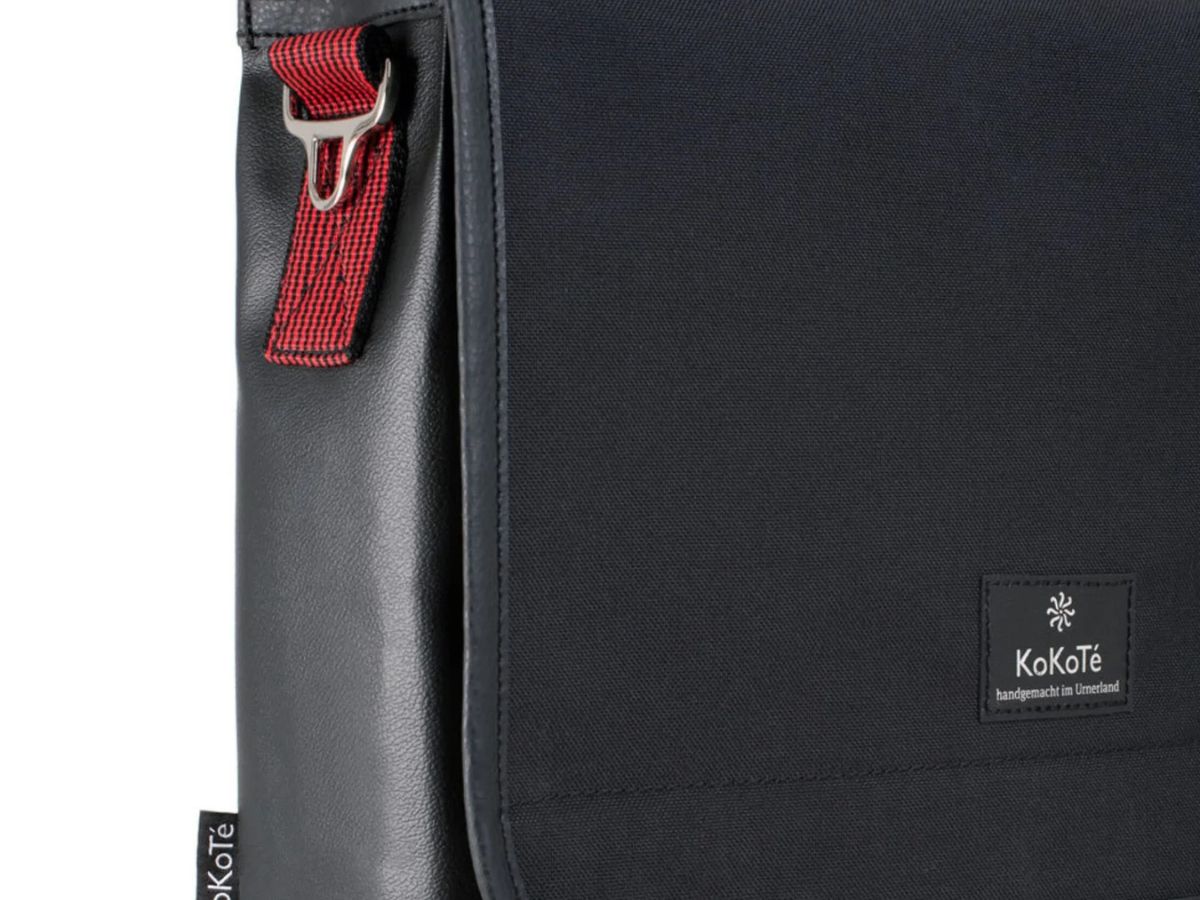
Other components of our products: belt band, plug buckle etc.
Our unmistakable red-black or black belt band is woven in Switzerland. We use a cotton and a polypropylene variant. The cotton is refined in Portugal, the polypropylene in Europe is produced.
The cords are made of polypropylene, which comes from European production.
The one of KoKoTé Plastic elements used for the Globi products such as plug -in buckles, simple adjusters and double adjusters as well as push buttons are made of over 85% recycled plastic.


